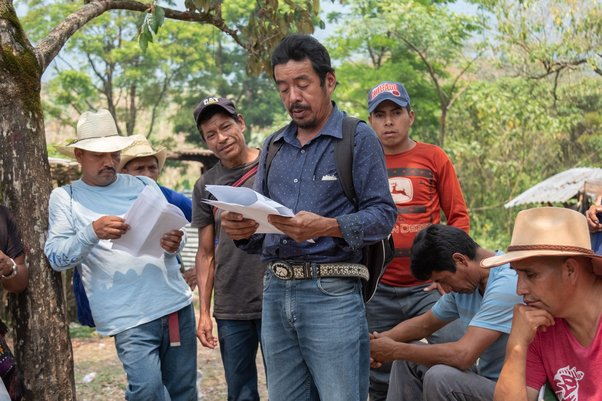Global Witness and Both ENDS strongly condemn the reported of harassment and surveillance by the Armed Forces of the Philippines of environmental activists and fisherfolk communities in Navotas, Philippines
Pamalakaya-Pilipinas, a National Federation of Small Fisherfolk Organisation in the Philippines, has received credible reports that the Armed Forces of the Philippines (AFP) are engaged in "red-tagging" their members.
In the Philippines, red-tagging has become a malicious tactic used to falsely label activists as rebels – discrediting, intimidating and ultimately silencing them.
Fisherfolk communities in Navotas have long spoken out against the harmful impacts of reclamation projects in Manila Bay – including the Dutch-backed construction of the US $15 billion New Manila International Airport (NMIA). Experts predict the airport could be flooded within 30 years due to rising seas and the areas sinking coastline.
Community reports suggest that authorities have been going house-to-house naming individuals engaged in sustained activism against the project.
Amongst those wrongly accused is Terence Repelente, International Network Officer and grassroots organiser at Pamalakaya, who has worked collectively with affected fishing communities to protect their livelihoods and raise awareness of worsening flooding in Navotas.
Global Witness Senior Campaigner Rachel Cox said:
“These reports are deeply concerning given the historic practice of Philippines authorities wrongly targeting legitimate organisations and individuals working on land and environmental protection.
"Time and time again, we see evidence of authorities using dubious laws as a pretext for grave human rights violations such as fabricated charges, enforced disappearances, and extrajudicial killings."
Both ENDS Senior Policy advisor Murtah Shannon said:
“This mirrors a trend of criminalisation of land rights and environmental activism not only in the Philippines but globally, with the sole intent to instil fear and prevent people from speaking out against destructive projects.”
Red-tagging is commonly used as a pretence for arrest and can increase the likelihood of more violent attacks. This practice is commonly used by government officials, military, or other authorities in the Philippines to discredit and intimidate communities, land and environmental defenders, journalists and political opponents.
Just last month, a Municipal Trial Court in the Philippines dismissed a defamation case brought by the AFP against two women environmentalists previously subjected to false red-tagging efforts by the state.
In May 2024, the Philippine Supreme Court issued a major ruling declaring red-tagging a threat to people’s life, liberty, and security.
Environmental defenders in the Philippines are increasingly at risk of reprisal and violence – with the country consistently named as the most dangerous places in Asia for killings of land and environmental activists, according to Global Witness.


